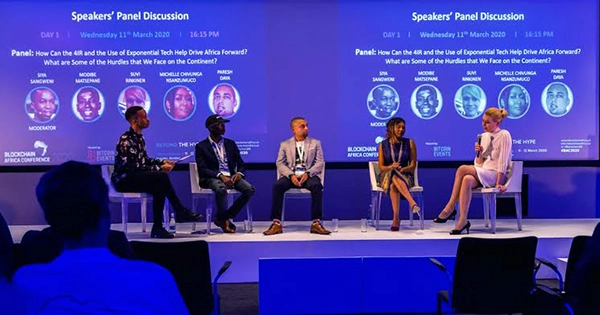Two years ago, the African IT sector received renewed interest from global players, resulting in the continent’s best year for venture capital investment, according to several reports, close to $2 billion invested in African IT firms in 2019. It was a hint of things to come for African tech, with high-profile visits from the most renowned Jacks (Ma and Dorsey), a long-awaited debut IPO by e-commerce giant Jumia, and big $100 million rounds.
However, the epidemic did a fantastic job of dampening expectations two months into 2020, as investment activity from both domestic and foreign investors decreased. However, it was not an awful year. African businesses raised approximately $1.5 billion, with a few interesting exits: Stripe-Paystack and WorldRemit-Sendwave are two of the most popular payment processors.
As we approach 2021, African tech stakeholders’ optimism has returned — and why not? As companies reopened throughout the world and the epidemic prompted individuals to embrace new behaviors in e-commerce, work, spending money, online delivery, and learning, venture financing into a variety of industries were set to skyrocket, and Africa was no exception.
In December, predictions were made about how much money the continent’s startups would raise. Deals of $2.25 billion to $2.8 billion are expected to conclude, according to AfricArena, a tech ecosystem accelerator. Stephen Deng, co-founder, and partner of DFS Lab, a business that invests in digital commerce companies, likened the financing situation in Southeast Asia in 2016 to where Africa may be in 2021, with a total investment of $3 billion.
These forecasts were not completely wrong. In the end, data from experts such as Maxime Bayen and Buiter Bridges made the 2019 statistics appear trivial. In 2021, African technology passed a tipping point and entered center stage, with businesses rising more than $4 billion (more than they got in 2019 and 2020 combined). We highlight some of the events that influenced this important era in African tech, from the birth of five unicorns to additional million-dollar increases by female CEOs.
Attaining unicorn status – a privately held firm valued at $1 billion — is unquestionably one of the vainest milestones for any entrepreneur, but it is also one of the most wanted. Jumia (in 2016) and Interswitch, a financial behemoth, were Africa’s first two unicorns (in 2019). Jumia ceased to be a unicorn when it went public on the NYSE in 2019 and became a regular billion-dollar publicly owned firm.
Fawry, an Egyptian payments business, is in a similar situation. In 2019, it became the first indigenous digital business on African soil to go public on the Egyptian stock exchange. Unlike Jumia, though, Fawry did not attain a billion-dollar value until a year after going public. As a result, it is not and never was a unicorn. Until five additional unicorns were created this year, Interswitch was the continent’s only unicorn. Flutterwave, OPay, Wave, and Chipper Cash are fintechs, whereas Andela is a tech talent marketplace.
Flutterwave raised $1 billion in March, OPay raised $2 billion in August, Wave and Andela raised $1.7 billion and $1.5 billion the following month, respectively; Andela raised $1.5 billion in September, and Chipper Cash raised $2 billion in November. Interswitch, the only unicorn from 2019 through 2021, is valued at $1 billion. This dramatic increase in unicorn numbers across the continent can attribute to a variety of factors.
There are more seasoned entrepreneurs, and individual markets, especially in the Big Four (Nigeria, South Africa, Egypt, and Kenya), exhibit a combination of mature yet still open-to-disruption characteristics. Furthermore, areas such as fintech continue to open up in previously unseen ways, and there is a flood of foreign money from first-time investors in both early and later stages.
















